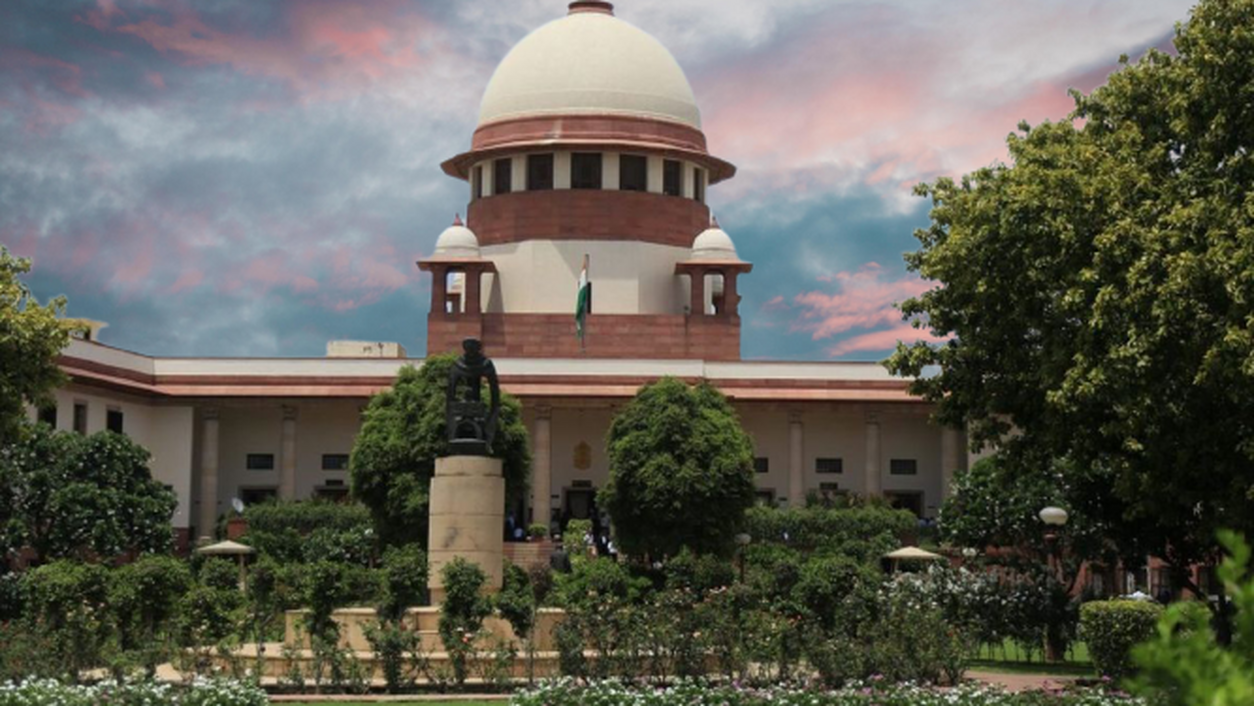In Criminal Appeal No. 3484 of 2023 -SC- Judicial Magistrates cannot modify orders taking cognizance: Supreme Court
Justice Abhay S. Oka & Justice Pankaj Mithal [07-11-2023]

Read Order: Ramakant Singh & Ors V. The State of Jharkhand & Anr
Chahat Varma
New Delhi, November 14, 2023: The Supreme Court has quashed an order by a Chief Judicial Magistrate (CJM) taking cognizance against accused in a criminal case without authority. The Top Court held that the CJM lacked the power to entertain a protest petition against his earlier order of taking cognizance and modify it.
In the given case, an FIR was registered based on a complaint by Dhananjay Singh, who has since passed away. The charges included Sections 326, 307, 302, and 34 of the Indian Penal Code, 1860, along with Section 27 of the Arms Act, 1959. The primary accusation was against Gupteshwar Singh, with the appellants alleged to be present at the crime scene. A charge-sheet was filed against all four accused, and a reinvestigation by the Crime Investigation Department (CID) concluded that no evidence was found against the appellants. Despite this, the CJM took cognizance against the individuals based on the CID's charge-sheet. The subsequent protest petition alleging collusion between the CID and the appellants led to the CJM modifying the earlier order and extending cognizance to the present appellants. Thereafter, the Jharkhand High Court rejected the appellants' petition for quashing based on the Nupur Talwar vs. CBI and Anr. [LQ/SC/2012/18] case.
The division bench of Justice Abhay S. Oka and Justice Pankaj Mithal carefully examined the order dated 9th April 2009, which was based on the charge-sheet filed by the CID on 31st March 2009, and noted that it only took cognizance against Gupteshwar Singh. However, the CJM entertained a protest petition against this order and, surprisingly, on 3rd November 2009, took cognizance against the present appellants. The division bench expressed concern that such a course of action was impermissible. According to them, the CJM lacked the authority to entertain a protest petition against his earlier order of taking cognizance. The order dated 3rd November 2009 was considered as a modification of the earlier order dated 9th April 2009, which, as per the bench, was not legally permissible. The reasoning was grounded in the absence of conferred power on the Judicial Magistrate to modify an earlier order of taking cognizance.
The bench further observed that the High Court, citing the decision in the case of Nupur Talwar, noted that once a protest petition is filed, the court can, depending on the case's facts, proceed based on that petition and follow the procedure outlined in Sections 200 and 202 of the Cr.P.C. However, the bench emphasized that the Nupur Talwar case dealt with a different scenario where a protest petition was filed against an order taking cognizance. The present case, involving the CJM modifying the earlier order of taking cognizance, was considered distinct from the circumstances addressed in the Nupur Talwar case.
Consequently, the appeal was allowed. The High Court's order dated 20th March 2023 was set aside, and the CJM's order dated 3rd November 2009 was also quashed and set aside.
Sign up for our weekly newsletter to stay up to date on our product, events featured blog, special offer and all of the exciting things that take place here at Legitquest.




Add a Comment